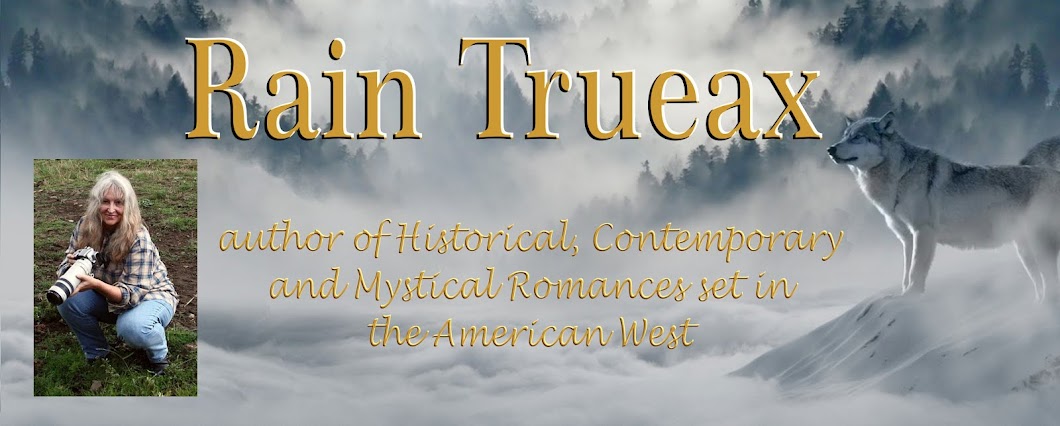Well, we can rely on eyewitness accounts which were written down not long after the event occurred. The problem with that is that people don't always see the same things nor do they always tell the truth. Excitement, mythology, hearing the stories of others, all if it can impact what comes out with diverse versions. When you hear someone else say what they saw pretty soon it can seem like you saw it.
Where it comes to George Armstrong Custer, I've looked at a wide variety of sources to try and discern what I think happened at The Little Bighorn as well as what led up to it. My original motive to understand the cavalry of that time morphed into trying to understand this complicated man and the time in which he was operating.
Pretty soon I went to documentaries. The one below at 45 minutes explains a logical approach to Custer's motives that day and how he ended on what is called Last Stand Hill. It uses commentary, reenactments and maps that trace the actions and routes of the various participants.
Didn't like that or consider it to be your idea of what you were told happened? Not politically correct for your time? Okay, give archaeologists a try as they went in with modern equipment and tools to find what was left over a hundred years later regarding where soldiers died, how the event went down (not that archaeology can determine timing). They also used the stories the Indians told because they were the only ones who survived Last Stand Hill which the archaeologists in this documentary (also 45 minutes) decided was misnamed.
After all the books I've read on this, having been to The Little Bighorn the first time when it was called Custer Battlefield NM (politically correctedness impacts history if you didn't already know that), I think the archaeologists made one big goof in their analysis, but they had some very interesting results. Just remember, archaeology can dig up inanimate objects (including human bones) it will always be a human assessing the story behind them.
My disagreement with them comes from their ignoring something that intervened between the battle and their collecting specimen. Because they found very few cartridges from the soldiers in the area Custer and those closest to him fell, they decided they hadn't fired many shots up there.
They did know more or less who fired the bullets as the Indians, who were very well armed thanks to the Bureau of Indian Affairs (for hunting buffalo dontchaknow), with repeating rifles-- Henrys as well as assorted other weapons. Henrys are not as accurate at a far distance but close up they are deadly for how fast they can be shot. The cavalrymen were shooting Springfield carbines where you had to load each bullet. Deadly at a distance (for those who had time to practice and most agree these green troopers had not) but way disadvantaged close up.
Another point they ignored -- Custer, his brothers and probably other officers, had purchased their own weapons as they felt what the military offered was inferior. Did they factor that in? Didn't sound like it.
So when the archaeologists found few spent cartridges of the military type expected on the hill but lots more down in the gulch where they assessed the soldiers had run after the hill was taken (based on Indian oral stories), they decided little firing was done on the hill.
That ignored souvenir scavengers which everyone knew had been combing that hill for years from right after the massacre. Not many casings from a Springfield found up there makes total sense in that situation. That more would be below also makes sense since human scavengers wouldn't know about the fighting below or go where they'd expect less to be found. Heck even reloaders back then might have wanted those spent cartridges.
Those archaeologists apparently used oral histories only that suited their agenda. You think they didn't have an agenda. Everyone who has been intrigued by the Custer/Crazy Horse story has an agenda!
It appears I've used up my space here but I will relate what I think happened based on reading a lot of biographies, Custer's own words from his book, and a lot of analysis from experts.
It might seem I spent a lot of time on Custer, but I learned so much about the problems and psyche of military men of that time about the fighting that was going on. I think I better understand who my hero was based on the things I read about Custer-- but I'm not done with him. Custer is the mythological hero but he was a real, flesh and blood man. How we see him might impact how we see many other things including the Civil War and the Indian Wars across not only the Plains but the whole nation.
















